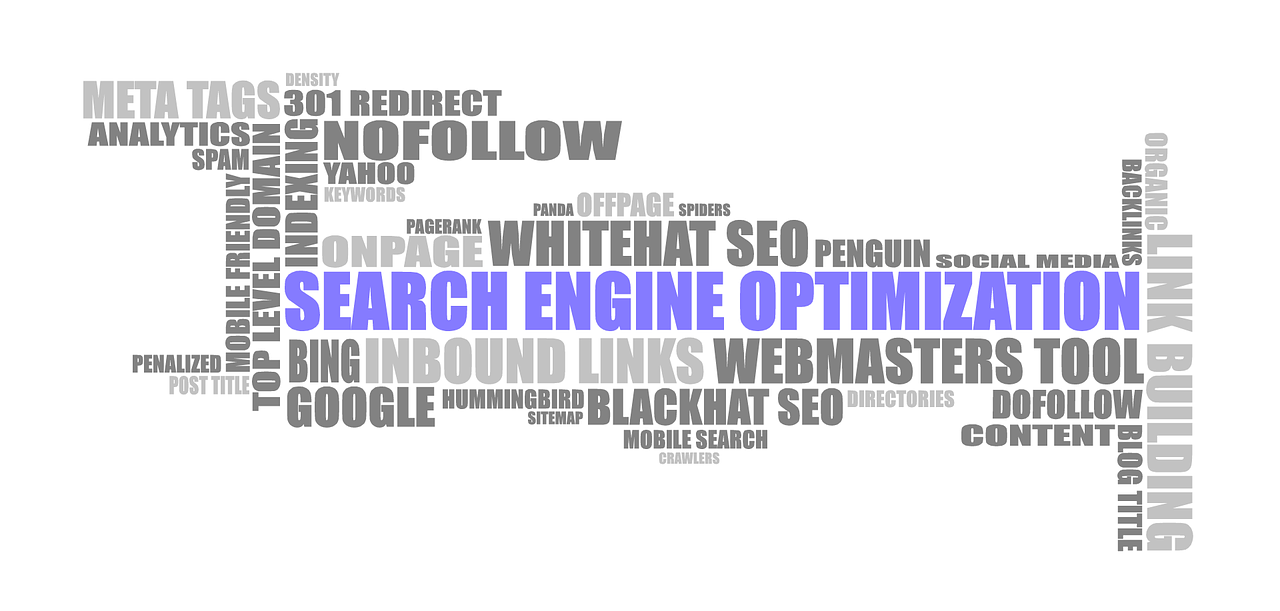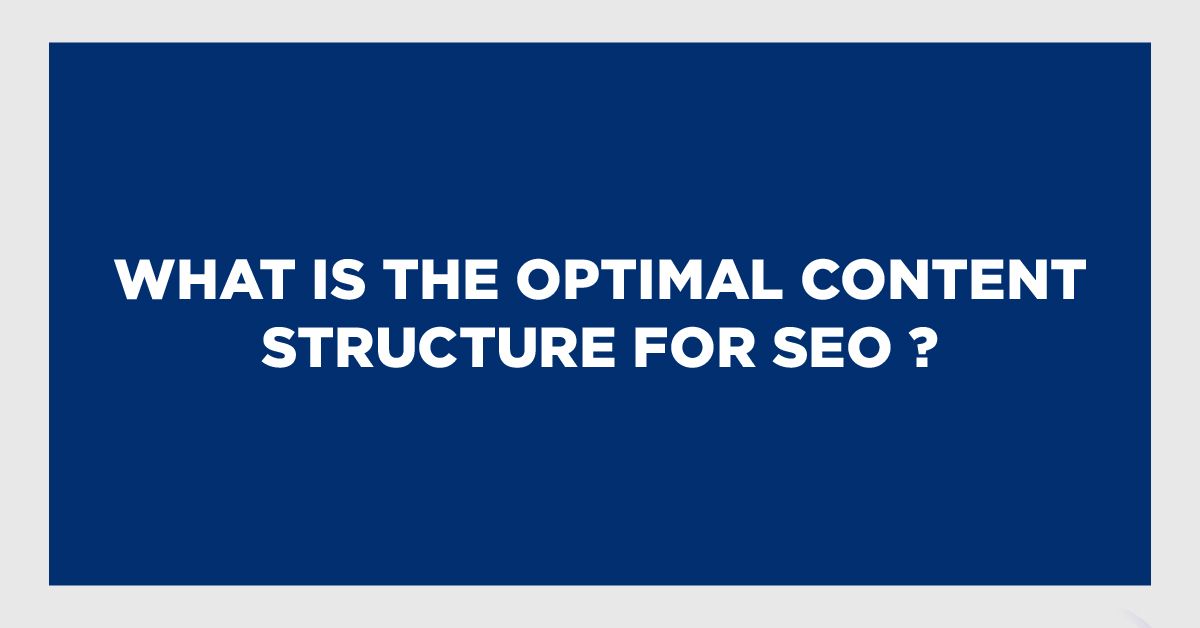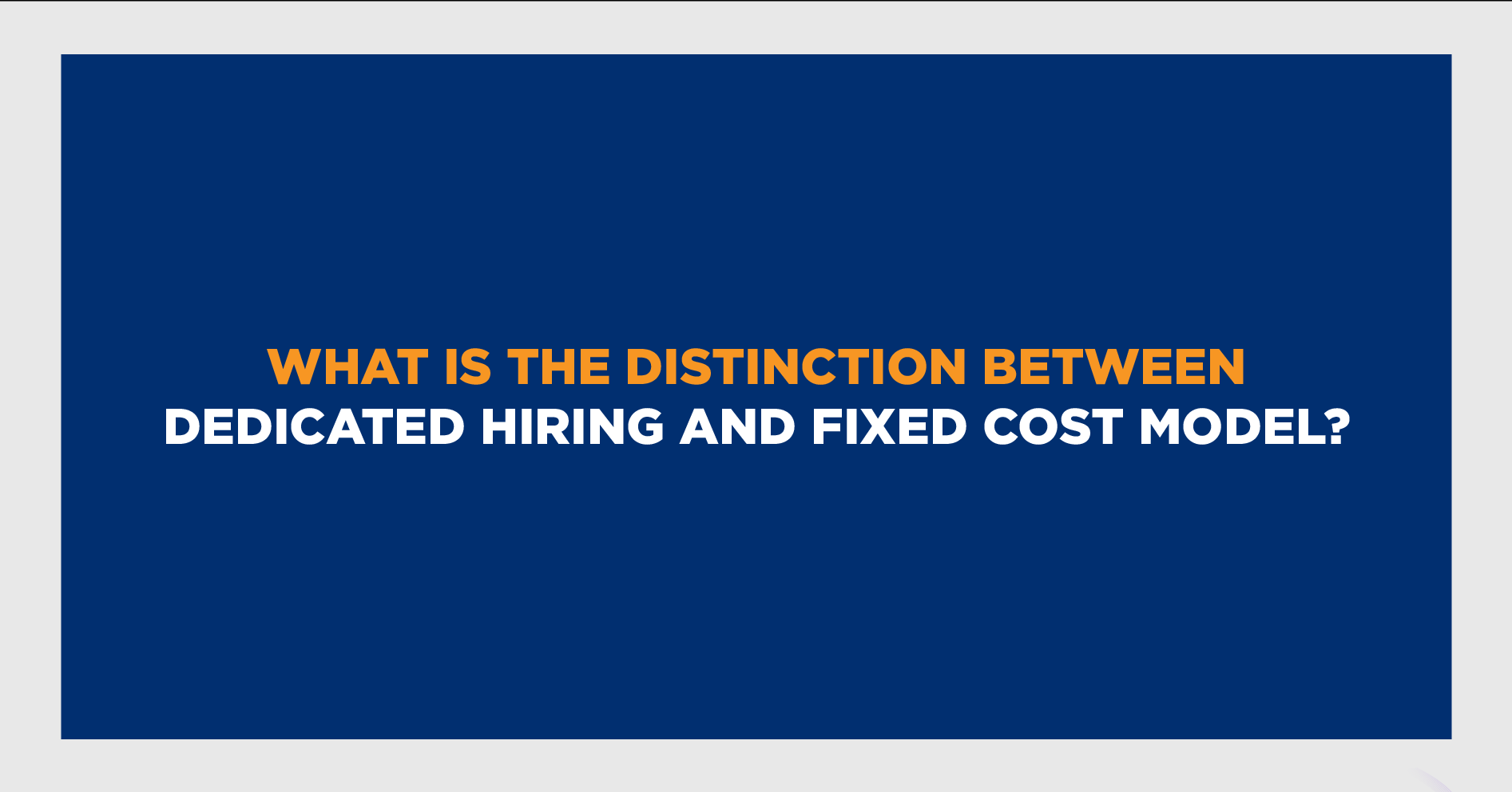HOW TO STOP NEGATIVE SEO ON WEBSITES
September 6, 2022

Negative SEO is one of the issues that can affect websites. Maybe you were the target of an attack that directly resulted in a decline in your search engine ranking if you are having problems connecting with your audience or if your marketing strategy isn't working as intended. In this article, we'll go through the most frequent reasons for poor SEO, as well as how to safeguard your website against it.
What is negative Seo?
What we believe to be negative SEO refers to any technique that makes your website less popular with search engines and ranks it lower. Nowadays, an attack on your website is frequently the cause. But it might also be the outcome of dishonest tactics. This indicates that by using practices that are against search engines' terms and regulations, you can have unintentionally harmed your own website. The simplest method to prevent self-harm is to only collaborate with reputable SEO agencies and to research potential partners thoroughly.
However, the majority of malicious SEO is carried out by outside parties, which lowers your rank. Usually, your competitors or someone they employ to attack your website will do this. Fortunately, most hackers stick to a few predictable patterns that are simple to avoid.
Here's how to safeguard your website against negative SEO:
Conduct audits to look for bad SEO
Finding the source of the harm is the first step in combating bad SEO's negative impacts. An SEO audit is a good idea to see if there are any issues with your website that could prevent you from maintaining SEO. Audits might look for the most frequent offenders, such as indexing issues or poisonous links. Additionally, you will get knowledge of the vulnerabilities of your website and how hackers might exploit them to cause harm. It will be rather simple to fix the harm and boost your site's ranking once you identify the underlying cause.
However, keep in mind that it is all too simple to blame your rivals while ignoring the majority of the mistakes you could be making. On the other hand, sometimes a straightforward modification to Google's algorithm or policy is the reason for your reduction in rank. Make sure you are up to date on Google's most recent standards for site crawling and SEO.
Look for plagiarism in the content
Copying and pasting your material is a relatively simple trick that hackers can use. This can involve everything from duplicating your complete website to reuploading specific parts of information. Search engines won't recognize your material as original if this occurs, and your site will lose authority and receive a penalty. The use of free tools like Copyscape is the best defense against the harm that duplicate content may do to your website's SEO. There, you may search for specific articles or even your entire website to discover if it has already been published online.
While we're talking about duplicates, some hackers might attempt to generate several citations for your business, which Google will flag as spam. Multiple citations on the same website should never be used since, in addition to harming SEO, they can mislead users by disseminating false information. Verify all of your citations before using them. Merge any duplicates you may have produced on your own, and remove any unnecessary or false information.
Set up alerts to notify you of changes.
Hackers are often cunning and difficult to catch. There's no need to suddenly start seeing skull and crossbones on all of your computer screens just because someone is messing with your website. There are many types of malwares, and someone can be messing with your website even if you're not aware of it. We advise arranging SEO audits on a frequent basis because of this. You can take a certain action, nevertheless, to be immediately alerted to any suspicious activity on your website. You can configure notifications in Google's search interface to alert you if your website is compromised. Even email alerts can be sent by Google's webmaster tools if your pages aren't being indexed or if you've been manually penalized.
Check your backlinks.
Hackers also frequently utilize the technique of creating lots of spammy links that point to your website. Google may view this as a hint that your website is unreliable just by association. You can disavow spammy links to shield your website from their damaging effects on search engine optimization. Unfortunately, doing this manually by clicking on each link one by one can be time-consuming. Hiring SEO professionals to handle that and do a thorough backlink audit may be a good option.
Alternately, hackers can target and eliminate your high-quality backlinks. They can accomplish this by pretending to be you and asking the webmaster to remove the link. Fortunately, if you plan ahead a little, you can avoid this. Always use a business email address when contacting webmasters. No matter what, you shouldn't rely solely on webmasters to maintain the backlinks. You should manually maintain track of and check for changes to your greatest backlinks.
Adopt a white hat SEO strategy.
The possibility that your actions occasionally cause negative SEO was already highlighted. Don't ruin your website by digging a hole for yourself. While it may be tempting to acquire lots of links in order to boost SEO, this strategy typically backfires. Because Google's algorithms have proven quite good at spotting deception, we advise following the rules to the letter. Although link development takes time, it will eventually yield results.
Conclusion
For any business, website security needs to be a top priority. You ought to know how to safeguard your website against harmful SEO by this point. Just take a few basic safety measures and keep an eye on your site's condition all the time. You may also rely on a seasoned SEO agency to handle your website while you relax.










